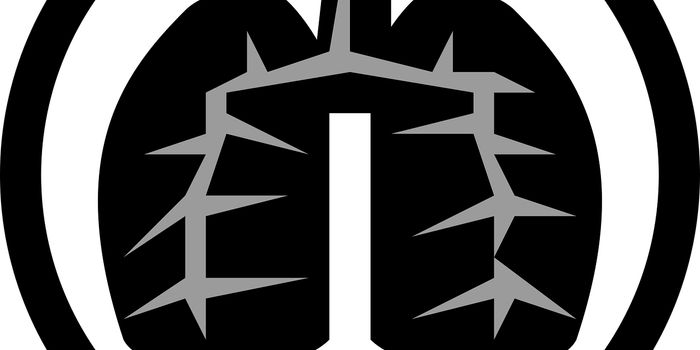Why Cutting Kitchen Counters Can be a Deadly Job
New research has highlighted a disorder that is affecting people who cut, grind, or polish artificial stone slabs made from synthetic quartz, which is done to make countertops. Tiny particles of toxic dust that are generated when the material is cut is getting into workers' lungs, even when they take protective measures, and the dust seems to be causing an irreversible and deadly lung disease called silicosis. The study, which was reported in JAMA Internal Medicine, noted that silicosis is a worsening occupational hazard, particularly for young Latino men.
Natural stone can also cause lung problems, which have been observed in stone cutters and miners for centuries. But the artificial variety has much higher level of harmful materials, including silica, which comes from sandstone, and polymer resins or dyes that are used to make the material. The first case of silicosis from artificial stone was diagnosed in 2015.
"Increasing case counts of silicosis among stone fabricators over the last ten years and accelerated progression of disease transforms the paradigm of an all but previously forgotten disease in the US," said study co-author Jane Fazio, MD, a pulmonary specialist at Olive View-UCLA Medical Center. "Our study demonstrates severe morbidity and mortality among a particularly vulnerable group of young underinsured and likely undocumented Latino immigrant workers."
In this study, researchers identified 52 people who worked with engineered stone in California who had also been diagnosed with silicosis. Most had been diagnosed at some point between 2019 and 2022, their median age was 45, and 51 of them were Latino immigrants. Twenty patients were already in an advanced stage of silicosis when they got their diagnosis, and ten of them have already died. These individuals have an average work history of fifteen years.
One study volunteer is Leobardo Segura-Meza, who emigrated to the United States from Mexico in 2012, and began working with artificial stone when he was 17, ten years ago. During his work, he wore a mask and used tools that would reduce dust production, but still had to go to the emergency room due to shortness of breath in early 2022. He was diagnosed with silicosis after a biopsy, and now uses an oxygen tank. He can no longer work and has been waiting for a lung transplant. Two of his colleagues have died while waiting on that transplant.
"Every day I hope that the phone rings telling me to come to the hospital to get my new lungs," said Segura-Meza. Last month, the husband and father of two was admitted to the hospital with a collapsed lung.
Now the study authors are calling for more protections for workers, and highlighting the need for action from policymakers and clinicians. Early diagnosis can help patients, they noted, and any further exposure should be halted as soon as possible. It may be advisable to ban the product right away.
"Our paper raises the alarm," said study co-author Sheiphali Gandhi, a UCSF pulmonologist. "If we don't stop it now, we're going to have hundreds if not thousands of more cases. Even if we stopped it now, we're going to be seeing these cases for the next decade because it takes years to develop."
Australia is now considering a ban, and if enacted, it would be the first in the world. Officials with California's Division of Occupational Safety and Health have started to create emergency rules.
Workers also need support. The study authors noted that 45 percent of the study participants continued to work even after they had been diagnosed.
Sources: University of California, San Francisco (UCSF), JAMA Internal Medicine









